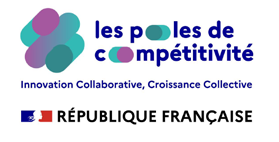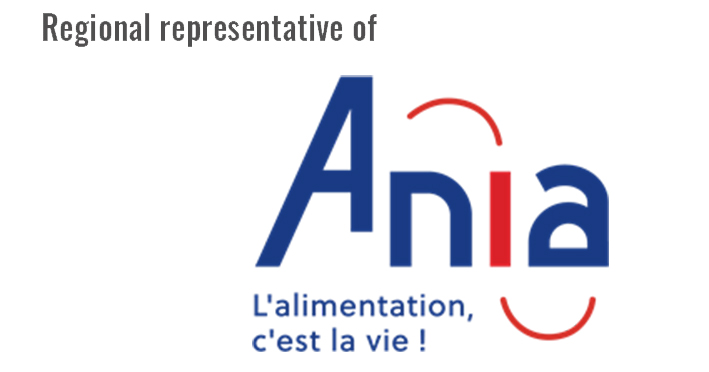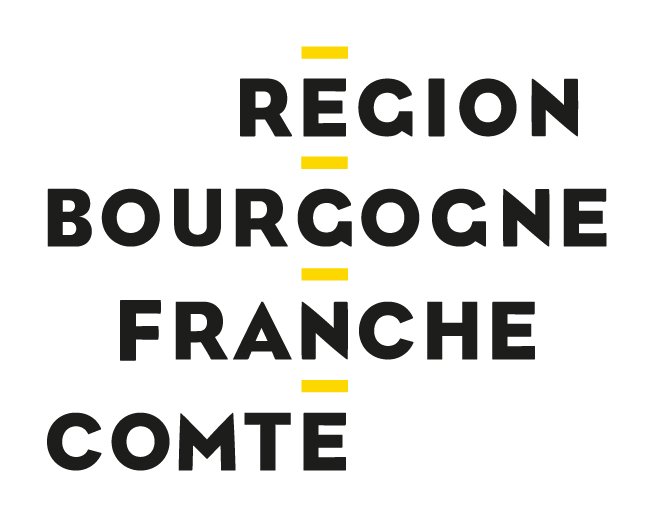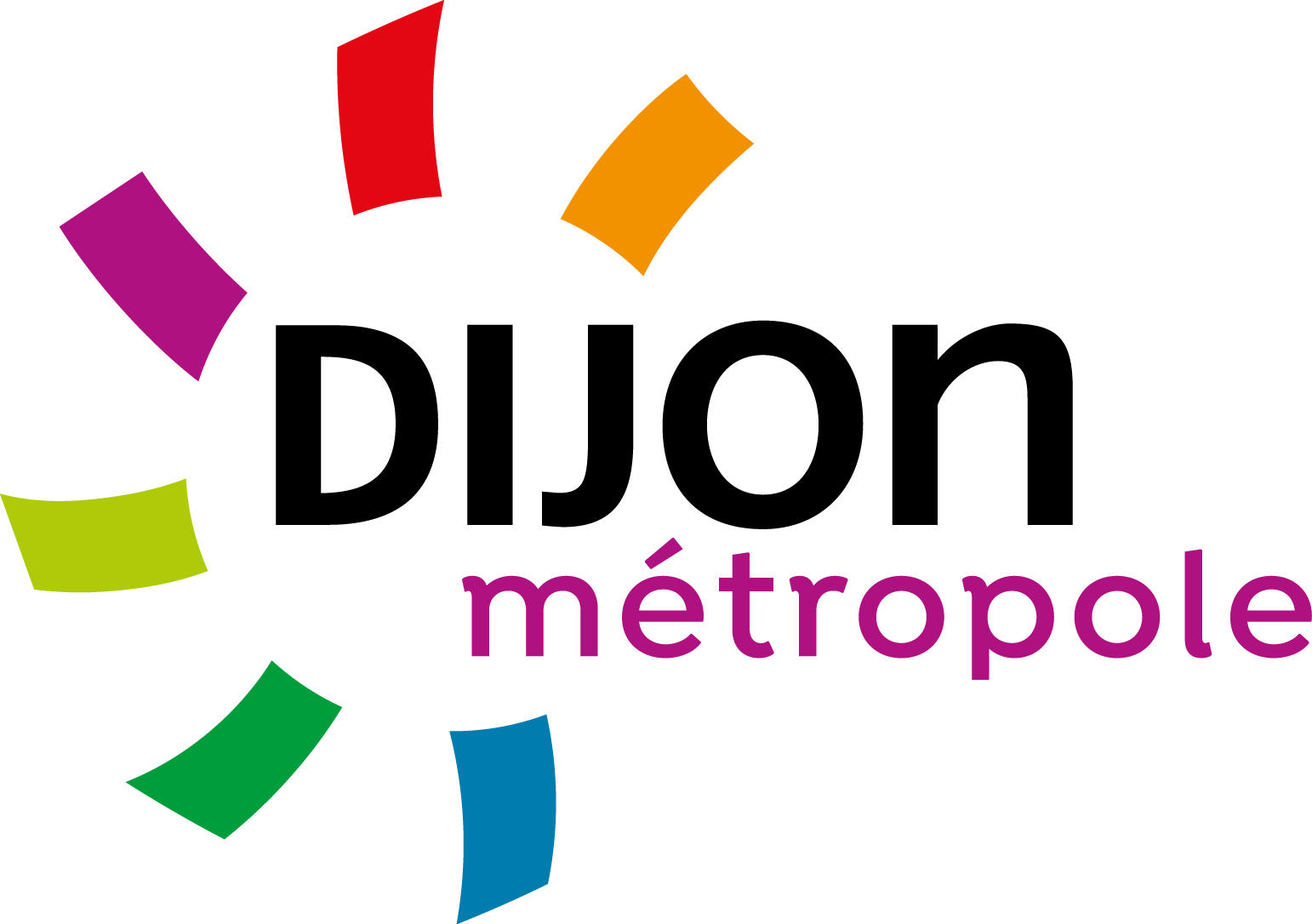22 Jul 2020
Independance, agility... why you should use intrapreneurship. The example of Symrise

Agile innovation is not exclusively the domain of startups. For a number of years, large companies have been questioning their innovation processes: hierarchy, cumbersome bureaucracy, long delays... and turning to intrapreneurship.
At the helm of an innovation cluster, observing my team's experiences of working with large companies has shown me that this can bring real results, as was the case for the Symrise group.
This company took up the challenge of injecting agility into their innovation processes. First, by creating their incubator, Diana Nova, then by choosing to experiment with intrapreneurship, with a group of employees dedicated to the development of an innovation project at odds with the established business model of the group.
We talked to Denis Guyonnet about his experience working in the group of the "Flore" project carried out as an intrapreneurship initiative.
Incubator, intrapreneurship: when a large company goes all out for agile innovation
To redynamise their innovation processes, the Nutrition segment of Symrise launched their own incubator, Diana Nova, with the main goal of generating innovation, inhouse or externally by collaborating with startups and academia. To gain speed and agility and to go further towards disruptive innovation, or even to rethink the company's business model, the idea of intrapreneurship for developing a product for B2B markets was considered.
"We knew that we had a handle on the supply of raw materials, but as our activity is oriented towards B2B markets, we were less at ease with the end of the value chain, or with consumer expectations," explains Denis.
Denis then set about building a team to work on developing a new brand of dietary supplements (Flore) destined for consumer markets. This was indeed unfamiliar terrain for this company based on the manufacturing of B2B ingredients. R&D, marketing, communication, development of an application, funding... The team, with the support of a range of experts, threw themselves into the project while learning a new, more agile, way of working.
"Working as an intrapreneur was completely new for us. The way we designed the offer and the brand was outside of the comfort zone of how Symrise functioned," explains Denis.
As well as creating a new business model, they also had to implement new methods and decision trees to be able to work more independantly. "Intrapreneurship's more flexible procedures gave us a phenomenal burst of speed. Compared to the usual type of project, we went two or three times as fast," he confirms.
Responsiveness is indeed one of the building blocks of agility. "There were no more emails, we ended up using collaborative communication tools like Slack. Decision-making was intant!" says Denis. "We launched a crowdfunding campaign on Ulule. Every day, we trawled through all the feedback from the internet. If we thought our communication campaign needed adjusting, we made the changes in the space of a day," he explains.
A way of working that is second nature to a startup, certainly, but a major departure from the norm for employees of a multinational corporation.
5 pieces of advice from Denis Guyonnet for getting the most out of intrapreneurship
#1 Total commitment from the project leader
This type of project is unlikely to proceed without some sort of obstacle. As we often say to the startups that we support through Vitagora's acceleration program, ToasterLAB, your project needs total commitment to succeed. Denis' experience supports our observations. "When you take part in this type of projet, you need to really get stuck in, and to believe in what you are doing. Everyone needs to play their part, and to share your ideas and to run with from other peoples ideas."
#2 Have the trust of your hierarchy
Working with the trust of your superiors is a major success factor, says Denis. "They didn't just give us a blank cheque to develop the project. Of course, we had a budget to work with a regular reports to make, but for all the rest we were highly independant."
#3 Listen to outside voices
You also need to make sure you have the right support and to be open to being challenged on your vision. Vitagora had the opportunity to provide support for Denis and his team at the beginning of the project to guide them with the right methodologies as well as constructive criticism to get them out of their comfort zone in terms of being as agile as possible.
Here is Denis' take on the collaboration: "Vitagora provided us with advice and very useful tools for structuring our intrapreneurship initiative, and to rethink our business model. We were also able to access Vitagora's ecosystem to meet people from backgrounds completely different from our own who provided us with feedback to refine our vision."
#4 Work independantly
For large companies looking to launch an intrapreneurship project, two points are highlighted by Denis. The first is that your structure needs to be disconnected from the usual decision-making procedures of the company, and the second is to have its own budget and goals. You need to give your structure room to breathe and to be proactive. "However, you can't just throw money at it and hope for the best. You need to have clear goals."
#5 Be careful of who you choose to lead the project!
This last point is not to be taken lightly. "You need to choose someone who is open-minded and who can be a spokeperson for the company. It's always a good idea to choose someone who has already dealt with failure and who knows how to bounce back and show an agile mindset," he concludes.
Intrapreneurship: a real adventure
If the main goal of Symrise's intrapreneurship has already been reached (to launch a food product for a B2C market), their secondary goal - to infuse the company culture of Symrise with an agile mindset - has also been a success.
Denis is enthusiastic. "At the beginning of the project, we got a lot of strange looks: 'Why fix what's not broken?" Pretty quickly, a lot of our colleagues got behind the project. Now, we are in a phase of sharing our experience. Our colleagues are very open to finding out about our working methods and the tools we used."
Go further
To find out more about how Vitagora could assist your company to become more agile, contact us: christophe.breuillet@vitagora.com
Subscribing to our blog is free. Sign up to receive our articles on a range of food innovation topics (2-3 articles per month). Sign up here.




 Home
Home
















Share your opinion